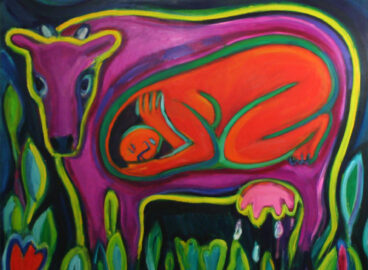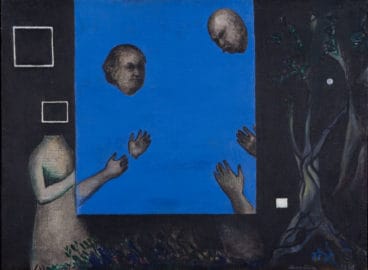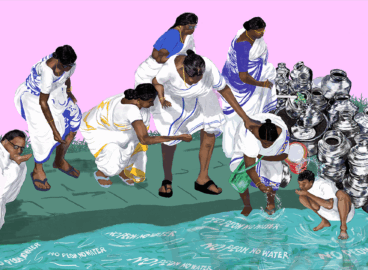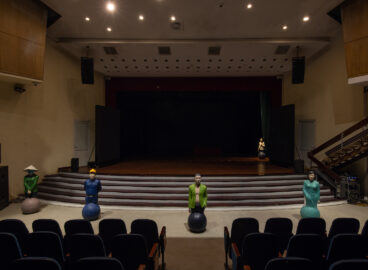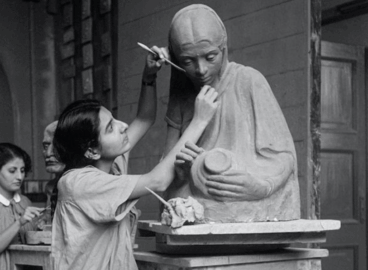These presentations and panel discussion at MoMA brought together four filmmakers and artists who work in expanded documentary modes, using existing footage, archival research, interviews, and scripted narratives to produce imaginative accounts of transnational struggles, solidarities, and interventions. Using moving images, some of these practitioners interrogate the anti-colonial and anti-imperialist movements of the mid-late 20th century, complicating and undercutting any nostalgic revisiting of these fraught histories from the vantage point of the present. Others foreground presence and participation in transformational political and social movements, while at the same time underscoring archival absences, silences, ambivalence, and loss. By bringing them and their works into dialogue at MoMA on June 20, 2023, this post Presents catalyzed a critical cross-cultural conversation around questions of memorialization, translation, failure, and fragmentation.
This edition of post Presents was part of the 2023 C-MAP Seminar: Transversal Orientations III. The 2023 C-MAP Seminar was organized by Nancy Dantas, C-MAP Africa Fellow, Inga Lāce, C-MAP Central and Eastern Europe Fellow, Wong Binghao,
C-MAP Asia Fellow, Julián Sánchez González, Cisneros Institute Research Fellow,
Elena Pérez-Ardá López, C-MAP Coordinator, and Rattanamol Singh Johal, Assistant Director, International Program, with support from Marta Dansie, Department Coordinator, International Program, and Jay Levenson, Director, International Program. It was presented in collaboration with the Patricia Phelps de Cisneros Research Institute for the Study of Art from Latin America at MoMA.
